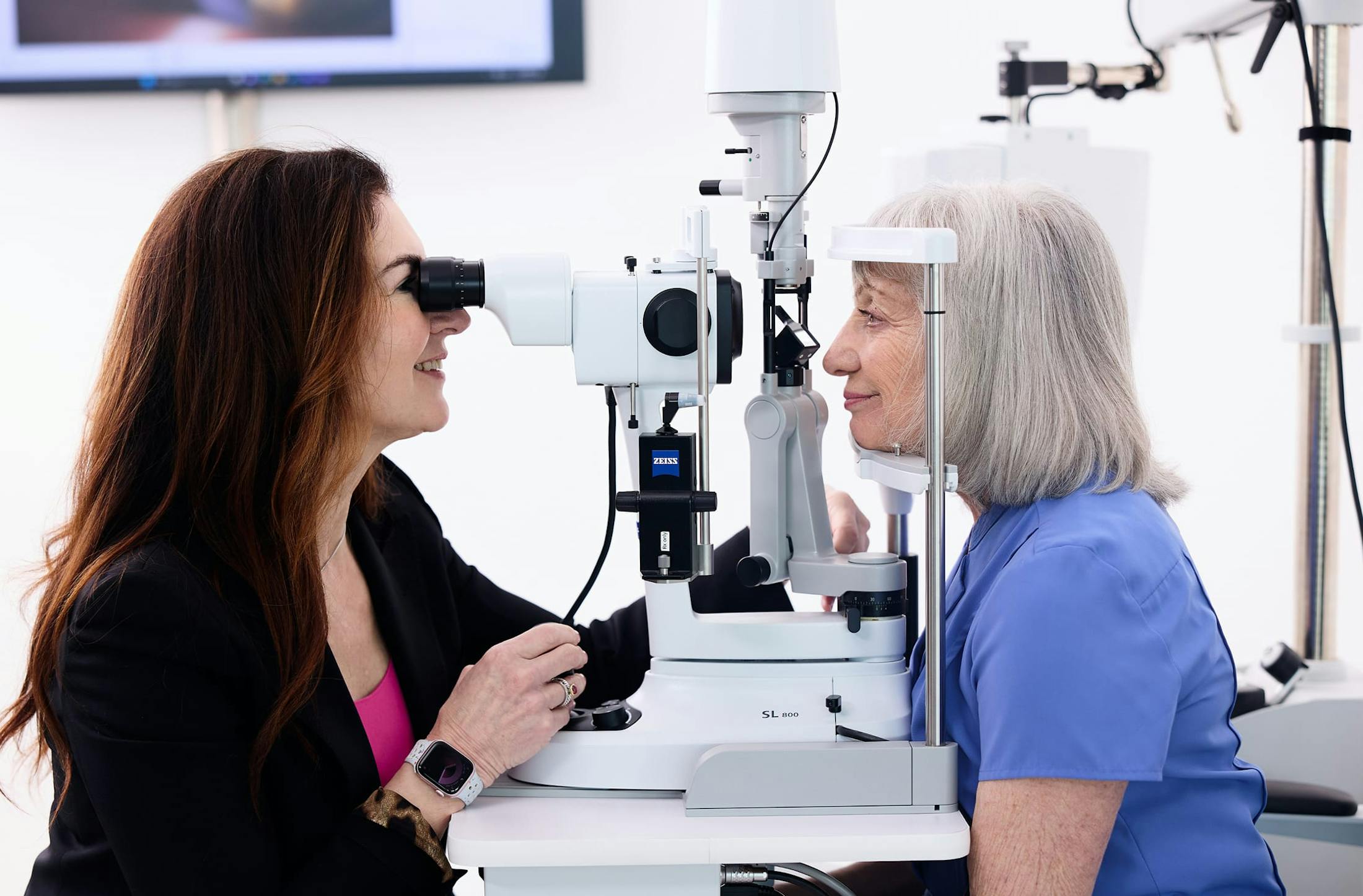Find answers to common questions about vision correction, cataract surgery, and corneal treatments to help you feel informed and confident in your eye care decisions.
Frequently Asked Questions



Get Clarity on Your Eye Care Journey
At Bellevue Precision Vision, we understand that choosing the right eye procedure can feel overwhelming. Whether you’re considering laser vision correction, cataract surgery, or specialized corneal treatments, we’re here to provide clear, concise answers to your most pressing questions. Below, you’ll find information on eligibility, procedures, recovery, and financing—all designed to help you make the best decision for your vision and lifestyle.
FAQ: General Vision Correction
How do I know which vision correction procedure is right for me?
Your prescription, corneal thickness, and lifestyle will determine the best procedure. During your consultation, we’ll evaluate your eyes and recommend LASIK, SMILE, PRK, or another vision correction option.
Am I a candidate for laser vision correction if I have astigmatism?
Yes! SMILE, LASIK, and PRK can all correct astigmatism. The best option depends on your corneal shape and vision needs.
Will I still need glasses after surgery?
Most patients achieve clear, glasses-free vision, but some may need reading glasses later in life due to natural aging changes (presbyopia).
FAQ: Cataract Surgery
When should I consider cataract surgery?
If you’re experiencing blurry vision, glare, or difficulty seeing in low light, cataracts may be interfering with your daily life. Surgery is recommended when symptoms begin affecting your quality of vision and activities.
What’s the difference between basic and premium cataract surgery?
The difference between Premium and Basic Cataract Surgery: Basic cataract surgery uses a standard intraocular lens (IOL), restoring clear functional vision. Postoperatively, glasses will be required for all distances.
How long does it take to recover from cataract surgery?
Most patients experience improved vision within 24-48 hours, with full recovery in a few weeks.
FAQ: Cornea Surgery
Can keratoconus be treated without a corneal transplant?
Yes! Treatments like corneal cross-linking, EVO ICL, and the CTAK procedure can help strengthen and stabilize the cornea, potentially preventing the need for a transplant.
What’s the difference between DSEK and DMEK corneal transplants?
DSEK: A partial-thickness transplant replacing only the damaged endothelial layer. DMEK: A more precise, thinner transplant that allows for faster recovery and sharper vision.
Is corneal cross-linking painful?
No, the procedure is performed with numbing drops, and most patients experience only mild discomfort during recovery.
FAQ: Insurance & Financing
Does insurance cover my procedure?
Most insurance plans cover basic cataract surgery. Laser vision correction (LASIK, PRK, SMILE) and premium IOLs are considered electives and may require out-of-pocket costs.
What financing options are available?
We offer flexible payment plans and financing to help make vision correction more accessible. Learn more on our Financing page.
Still Have Questions? We’re Here to Help!
If you didn’t find the answer you were looking for, our team is happy to assist you. Please schedule a consultation today so we can discuss your vision goals and treatment options.



